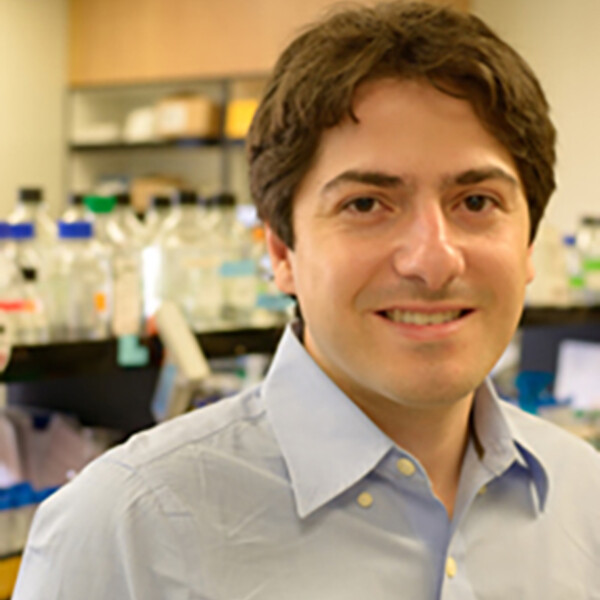Daniel de Carvalho
PhD

Research/Teaching
RESEARCH SYNOPSIS
Our research focuses on understanding the epigenetic mechanisms underlying tumourigenesis and translating this knowledge into more efficient approaches for epigenetic therapy. We use a truly multi-disciplinary approach to investigate what mechanisms are driving the cancer-specific epigenetic alterations and to translate this knowledge into more efficient epigenetic interventions. To achieve this goal, we combine traditional molecular and cellular biology techniques with functional genomics screening, Next Generation Sequencing and computational biology.
Epigenetic Reprogramming in Cancer
Epigenetic modifications are heritable, yet reversible, modifications that do not involve changes to the underlying DNA sequence. During the tumour development, extensive reprogramming of every component of the epigenetic machinery is observed. However, despite all the knowledge accumulated in the cancer epigenetics field, little is known about the pathways and the molecules involved in driving this epigenetic reprogramming.
Epigenetic Therapy
Today, a few drugs acting on DNA methyltransferase and histone deacetylase enzymes have already received FDA approval, providing validation that pharmacological alteration of epigenetic modifications has tangible clinical benefit. However, the current generation of epigenetic drugs acts by inhibiting chromatin-modifying enzymes and, consequently, has nonspecific, pan-genomic effects. This is associated with a significant dose-limiting toxicity. Our lab is trying to identify the molecules and pathways driving cancer-specific epigenetic modifications. We expect that future generations of cancer epigenetic therapies will target these driver molecules and pathways, instead of the core epigenetic machinery itself (that are necessary to establish and maintain the epigenetic landscape of normal cells). The identification of these drug targets will allow more rational cancer epigenetic therapies, with increased efficiency and with fewer risks associated with the reactivation of developmental genes.
For more information, please visit: www.decarvalholab.org
Publications and Awards
View PubMed search of this faculty member's recent publications.
RECENT PUBLICATIONS
- DD De Carvalho, S Sharma, JS You, SF Su, PC Taberlay, TK Kelly, X Yang, G Liang, PA Jones. DNA methylation screening identifies driver epigenetic events of cancer cell survival. Cancer Cell 2012 May 25; 21(5): 655-67.
- PC Taberlay, TK Kelly, CC Liu, JS You, DD De Carvalho, TB Miranda, XJ Zhou, G Liang, PA Jones. Polycomb Repressed Genes have Permissive Enhancers that Initiate Reprogramming. Cell 2011 Dec 9; 147(6): 1283-94.
- JS You, TK Kelly, DD De Carvalho, PC Taberlay, G Liang, PA Jones. Nucleosome depleted regions, established by OCT4, are an additional layer of epigenetic regulation of pluripotent gene expression. PNAS 2011 Aug 30;108(35):14497-502.
- S Sharma*, DD De Carvalho*, S Jeong, PA Jones, G Liang. Nucleosomes containing methylated DNA stabilize DNA methyltransferases 3A/3B and ensure faithful epigenetic inheritance. PLoS Genetics 2011 Feb 3;7(2):e1001286.
- TK Kelly*, DD De Carvalho*, PA Jones. Epigenetic Modifications as Therapeutic Targets. Nature Biotechnology 2010 Oct13;28(10):1069-1078.
- DD De Carvalho; R Binato, WO Pereira, JM Leroy, MD Colassanti, R Proto- Siqueira, AE Bueno-Da-Silva, MA Zago, MA Zanichelli, E Abdelhay, FA Castro, JF Jacysyn, GP Amarante-Mendes. BCR-ABL-mediated up-regulation of PRAME is responsible for knocking down TRAIL in CML patients. Oncogene 2011 Jan 13;30(2):223-33.
- DD De Carvalho, JS You, PA Jones. DNA Methylation and Cellular Reprogramming. Trends in Cell Biology 2010 Oct;20(10):609-17
Graduate Students
Raymond Chen
Shengrui Feng
